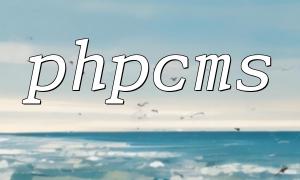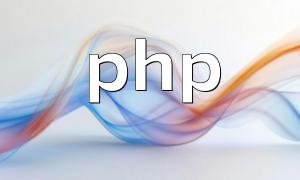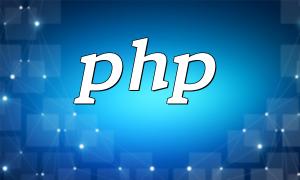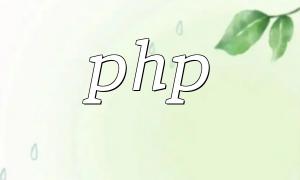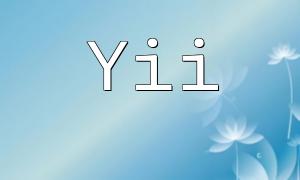For developers just starting out with PHP, choosing the right framework is a crucial step toward improving both productivity and code quality. A good framework simplifies your workflow, enforces best practices, and helps you quickly understand the MVC architecture. Below are three of the most popular and beginner-friendly PHP frameworks worth learning.
Laravel is one of the most popular PHP frameworks today, known for its elegant syntax and rich ecosystem. With comprehensive documentation and a strong community, it’s perfect for beginners who want to dive into modern web development.
Advantages: Comprehensive features, easy to learn, elegant syntax, active community.
Example: Creating a simple blog system.
// Define routes in routes/web.php
Route::get('/post/{id}', 'PostController@show');
// Create controller method in PostController.php
class PostController extends Controller
{
public function show($id)
{
$post = Post::find($id);
return view('post', ['post' => $post]);
}
}
// Create a view in resources/views/post.blade.php
<h1>{{ $post->title }}</h1>
<p>{{ $post->content }}</p>CodeIgniter is a lightweight and high-performance framework, perfect for developers who want to build small to medium-sized projects quickly. It requires minimal configuration and has a very gentle learning curve.
Advantages: Simple structure, fast performance, easy deployment, high flexibility.
Example: Building a user registration system.
// Define routes in routes.php
$routes->add('register', '/register', 'UserController::register');
// Create controller method in UserController.php
class UserController extends CI_Controller
{
public function register()
{
$this->load->library('form_validation');
$this->form_validation->set_rules('username', 'Username', 'required');
$this->form_validation->set_rules('email', 'Email', 'required|valid_email');
$this->form_validation->set_rules('password', 'Password', 'required|min_length[8]');
if ($this->form_validation->run() === TRUE) {
// Create user
} else {
$this->load->view('register');
}
}
}
// Create a view in views/register.php
<form action="/register" method="post">
<input type="text" name="username">
<input type="email" name="email">
<input type="password" name="password">
<button type="submit">Register</button>
</form>Symfony is a powerful, enterprise-level framework designed for large and complex applications. It has a modular architecture and offers great flexibility, making it ideal for developers who want to learn advanced PHP development and scalable system design.
Advantages: Highly modular, extensible, well-structured, suitable for enterprise-level applications.
Example: Building a RESTful API.
// Create controller in src/Controller/PostController.php
namespace App\Controller;
use Symfony\Bundle\FrameworkBundle\Controller\AbstractController;
use Symfony\Component\Routing\Annotation\Route;
use Doctrine\ORM\EntityManagerInterface;
use App\Entity\Post;
class PostController extends AbstractController
{
/**
* @Route("/posts", methods={"GET"})
*/
public function index(EntityManagerInterface $em)
{
$posts = $em->getRepository(Post::class)->findAll();
return $this->json($posts);
}
}
// Define routes in config/routes/api.yaml
api_posts:
path: /posts
methods: GETWhether you choose Laravel, CodeIgniter, or Symfony, each framework provides powerful tools to help you develop PHP applications more efficiently. For beginners, starting with Laravel or CodeIgniter is highly recommended, as they offer smoother learning curves and extensive documentation to help you build confidence and practical skills in PHP development.

